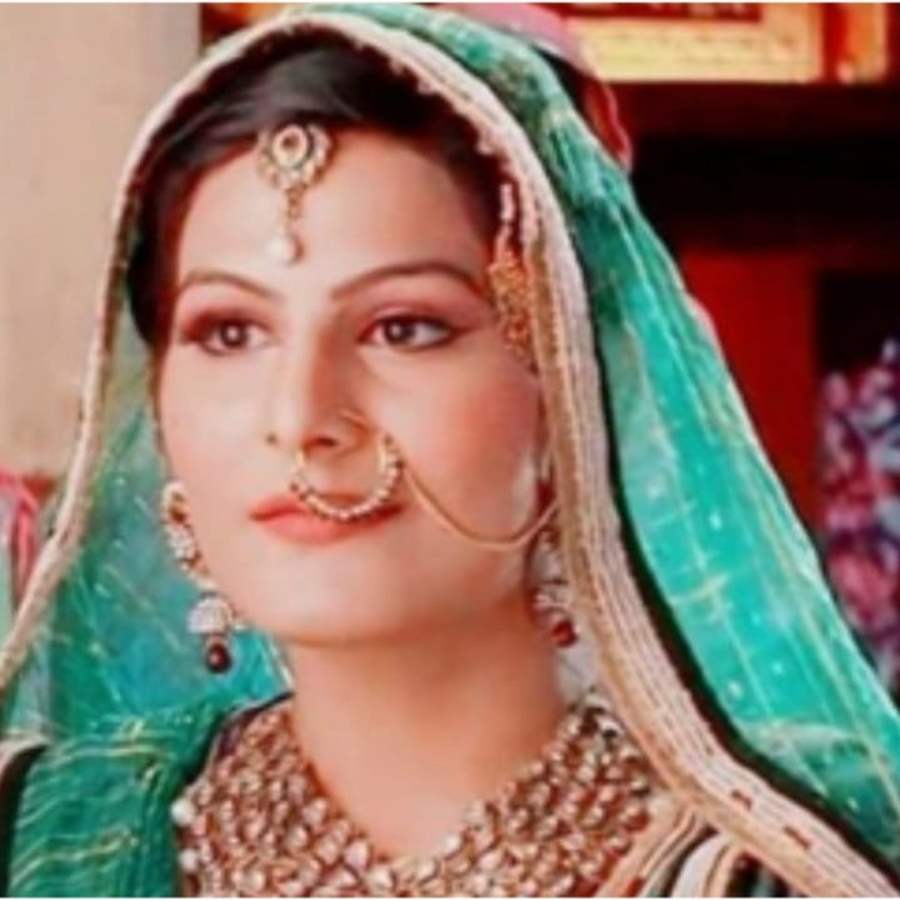Manisha Yadav, Indian actress ‘Queen Salima’, is dead

The sad news of the death of Indian actress, popularly known in Johda & Akbar on Zee World has been announced.
Named Manisha Yadav, Queen Salima Begum, who displayed quality of a reserved, intelligent and brilliant personality, one that makes the Jodha & Akbar movie more interesting and unputdownable, passed away exactly on October 1, 2021.

Manisha’s painful departure Friday was said to ave been caused by brain haemorrhage.
She was an Indian actress and model who mainly worked in the Tamil film industries. She was best known for her lead role as “Aarthi”, a 12th grade student in the 2012 Tamil film Vazhakku Enn 18/9 which first introduced her to the Tamil and Telugu audience as an actress.
Manisha Yadav, who was best known for her portrayal of Salima Begum in Zee TV show ‘Jodha Akbar’, passed away and her demise has been described so shocking and extremely painful.
“Our condolences to the family of the lost soul and may the departed soul rest in peace,” a sympathiser mourned on IWMBuzz.com.
Born 11 June 1992, age 29, in Bengaluru, India, Manisha got married in 2017 to a Bengaluru, Indian businessman, Warnid.

She played as a character to act Salima in the still showing Indian movie on Zee World, Johda & Akbar.
Salima, she acted, was the daughter of Akbar’s paternal aunt, Gulrukh Begum, and her husband, the Viceroy of Kannauj, Nuruddin Muhammad Mirza. She was initially betrothed to Akbar’s regent, Bairam Khan, by her maternal uncle, Humayun.
The bride was probably a reward for the surpassing services done by Bairam for Humayun. The couple, who had a considerable age difference of approximately forty years, were married in 1557 after Akbar had succeeded Humayun as the third Mughal emperor.
However, this brief union, which did not produce any children, lasted for only three years since Bairam Khan was assassinated by a band of Afghans in 1561. After his death, Salima was subsequently married to her first-cousin, Akbar.
Salima was a senior-ranking wife of Akbar and had much influence over her husband and his son, Jahangir.[4] She wielded major political influence in the Mughal court during her husband’s reign as well as during his successor’s (Jahangir) reign.
Her name, however, appears in the histories as a reader, poet, who wrote under the pseudonym of Makhfi (“Hidden One”) and as pleading with Akbar for Jahangir’s forgiveness.
She stood out in the early Mughal history and was known as the “Khadija of the era” (Khadija-uz-Zamani) for her wisdom.








